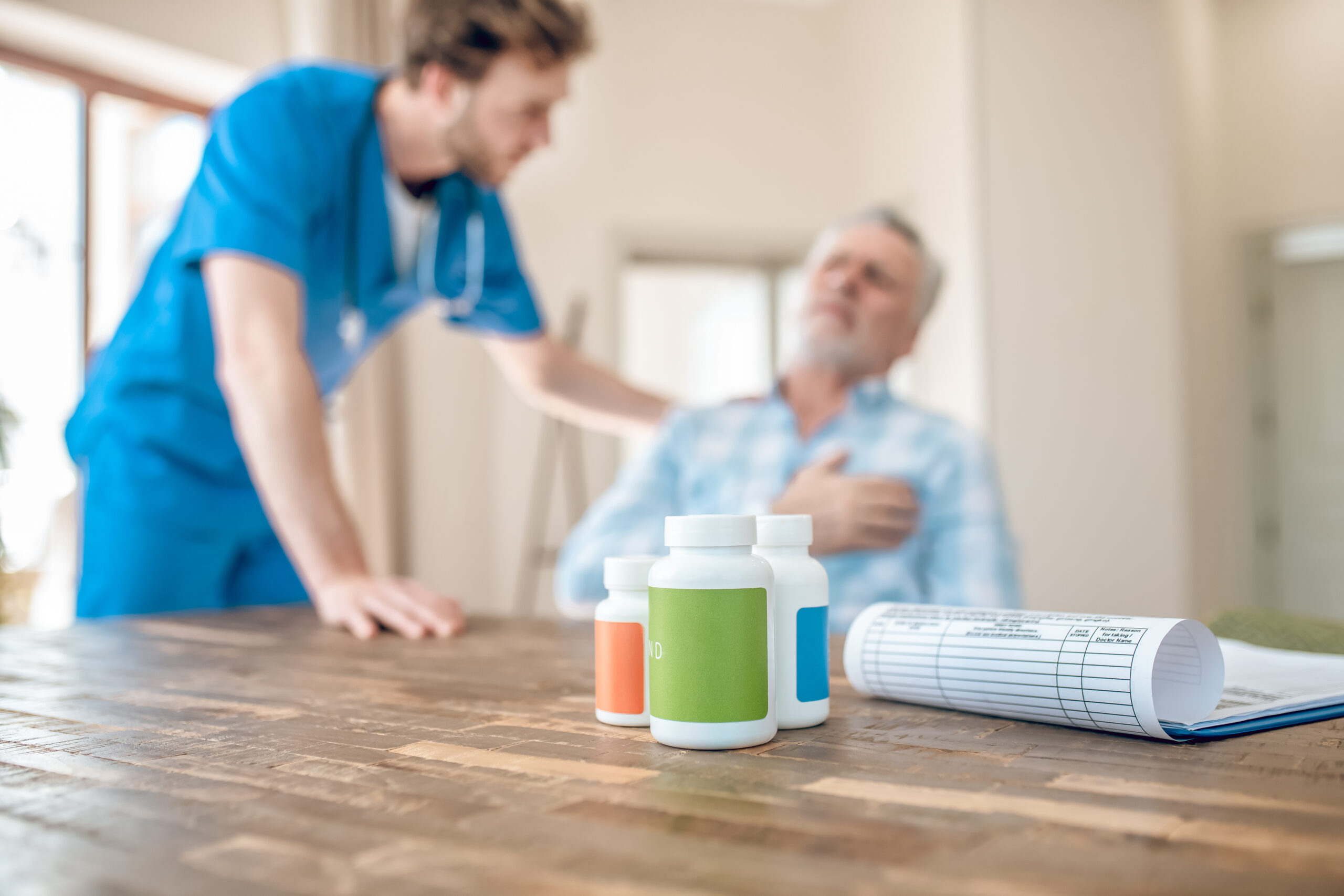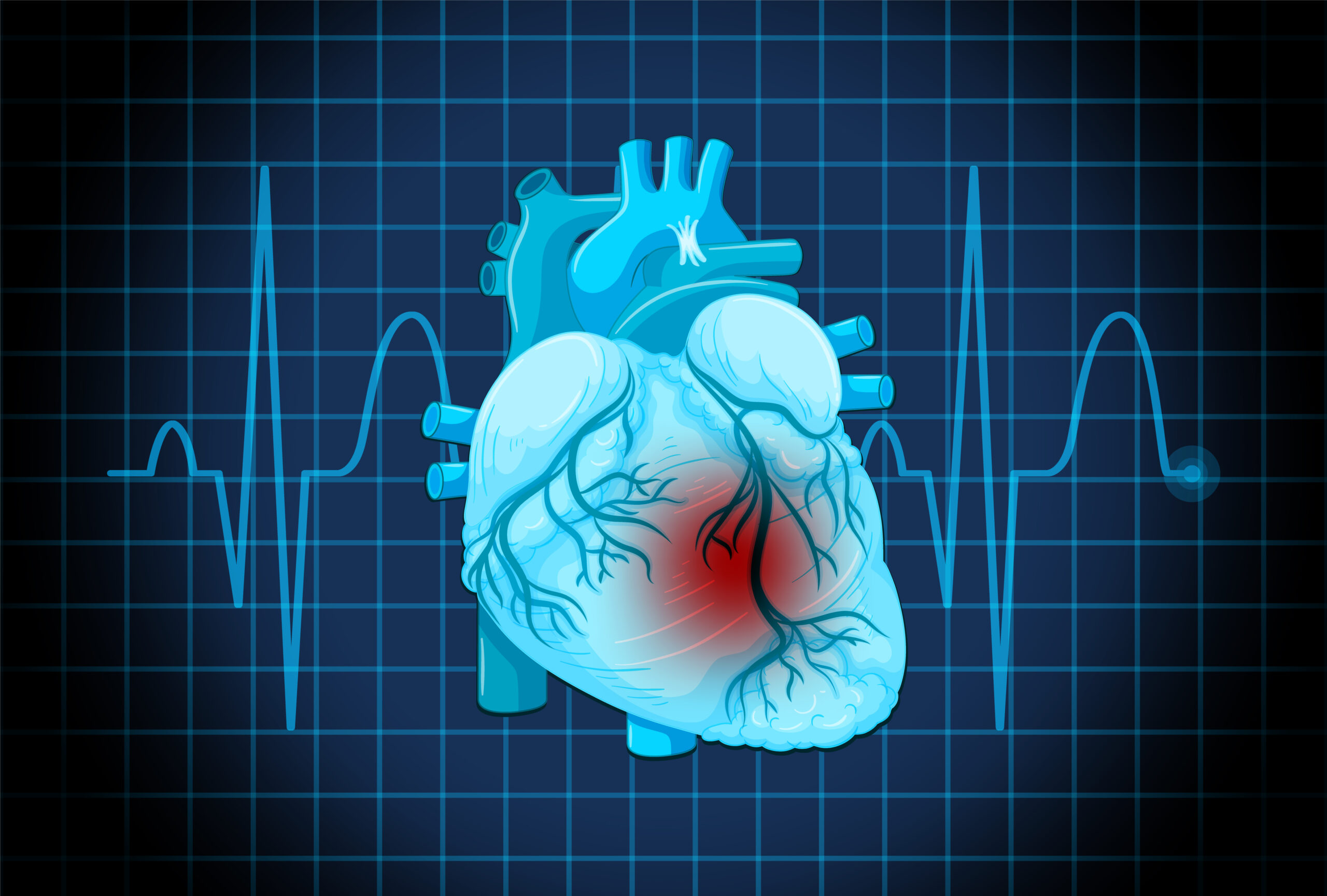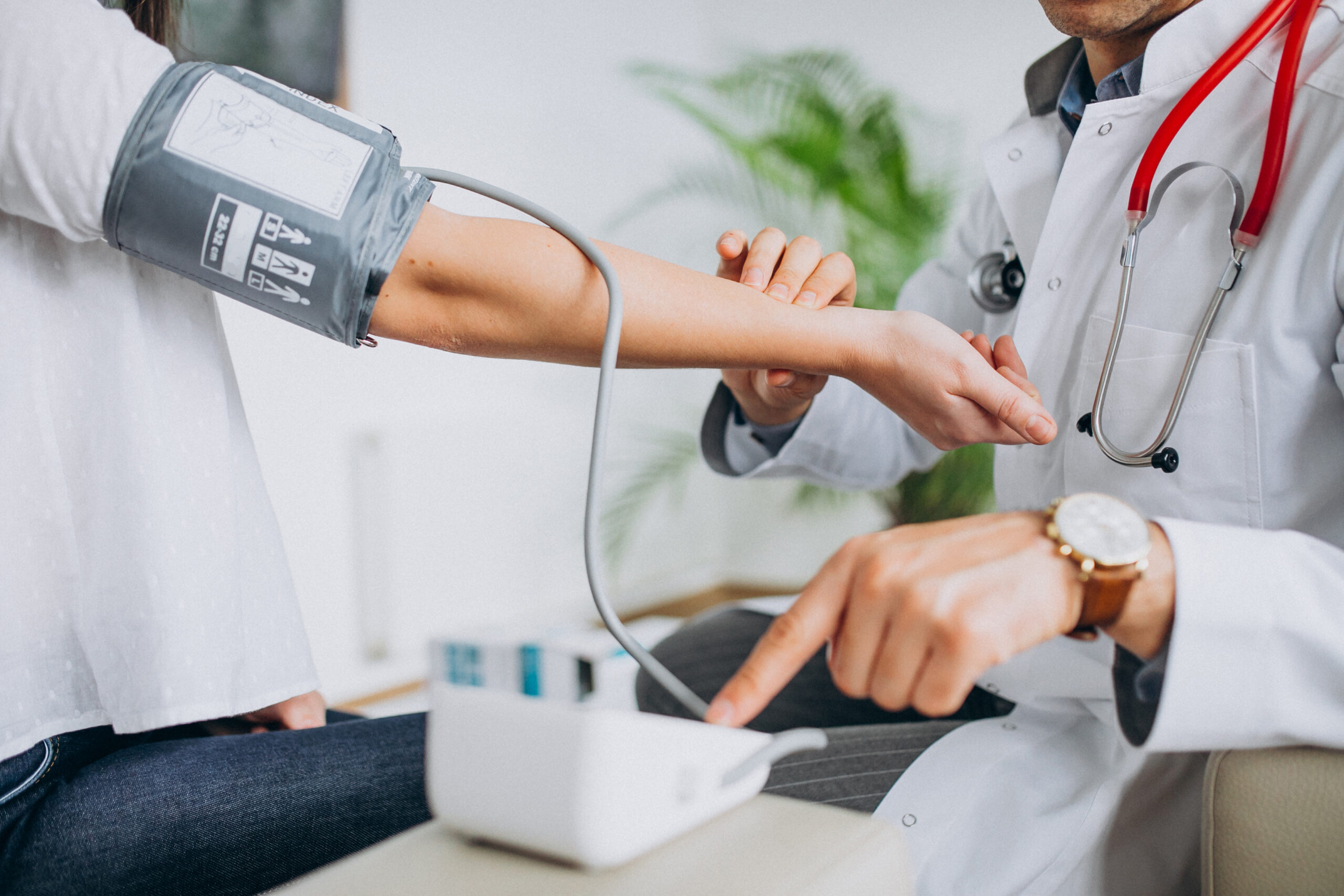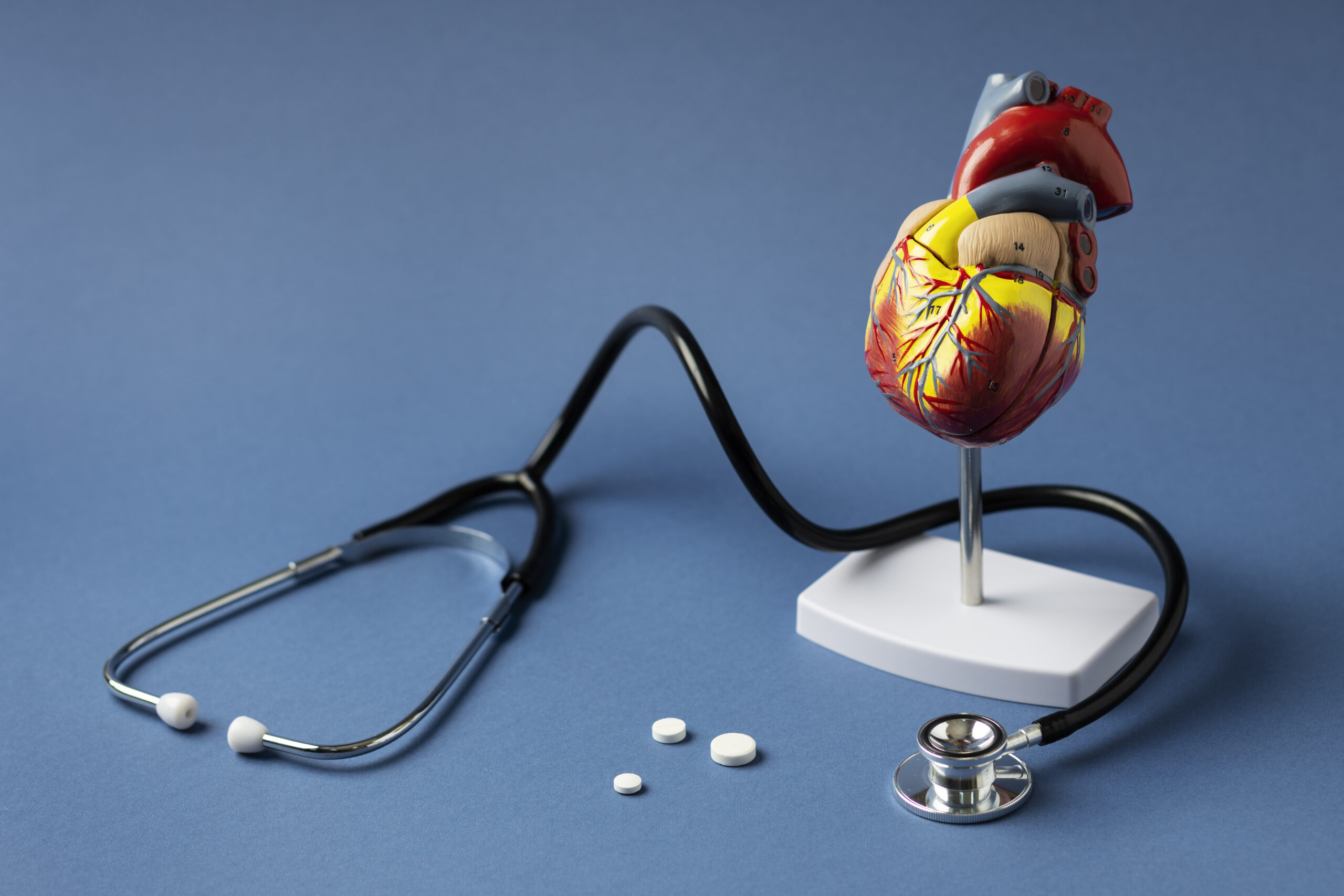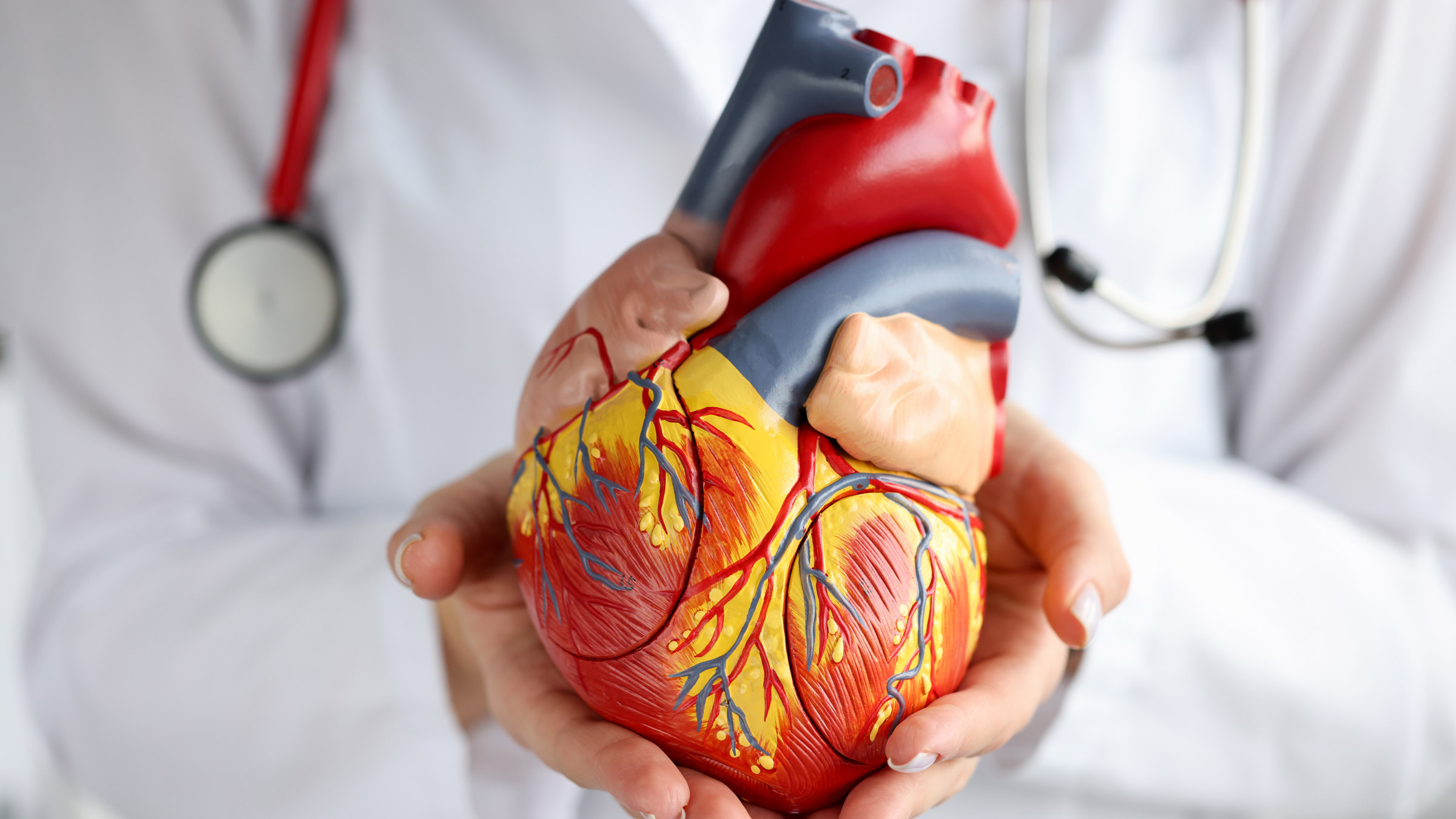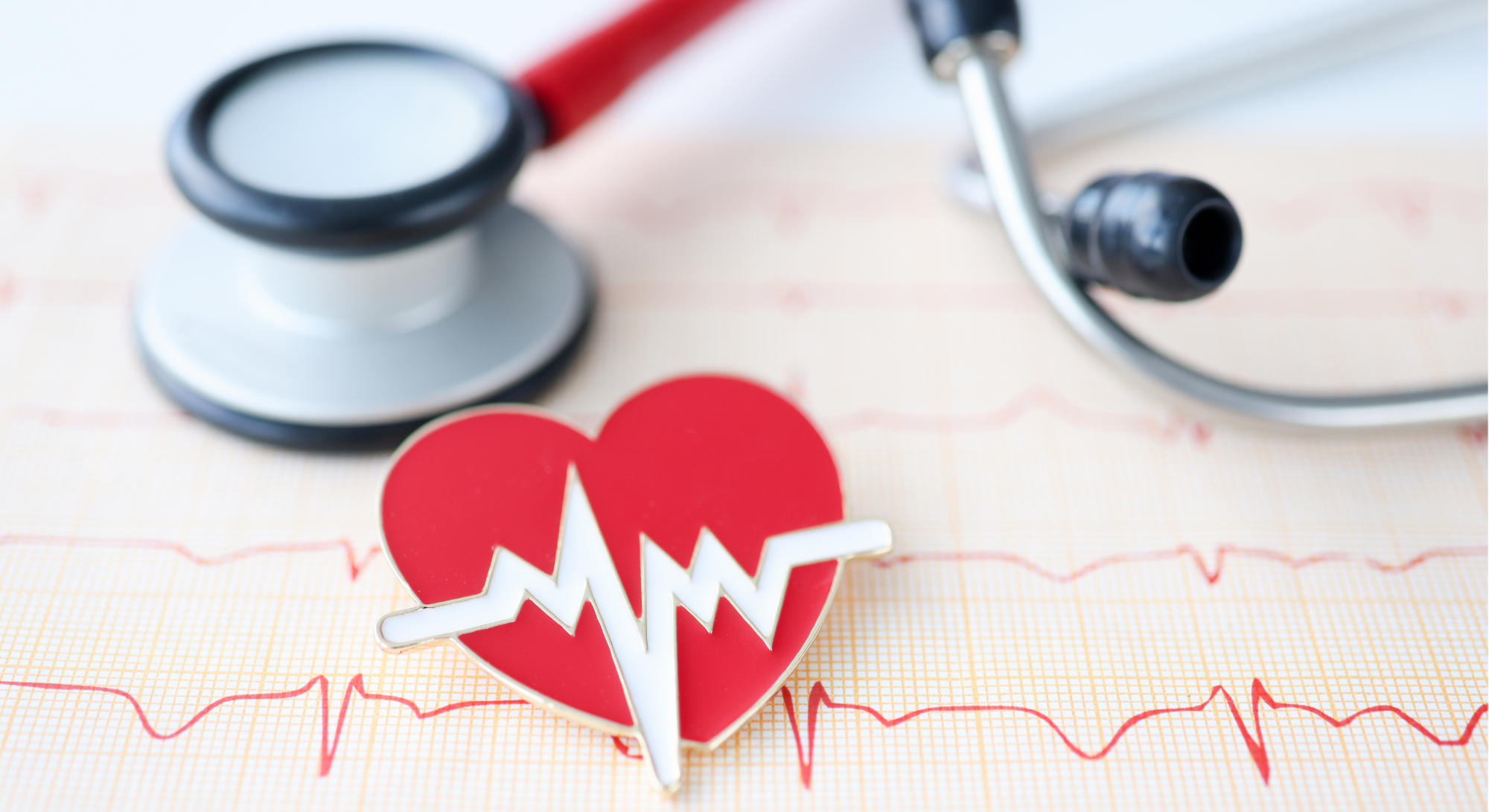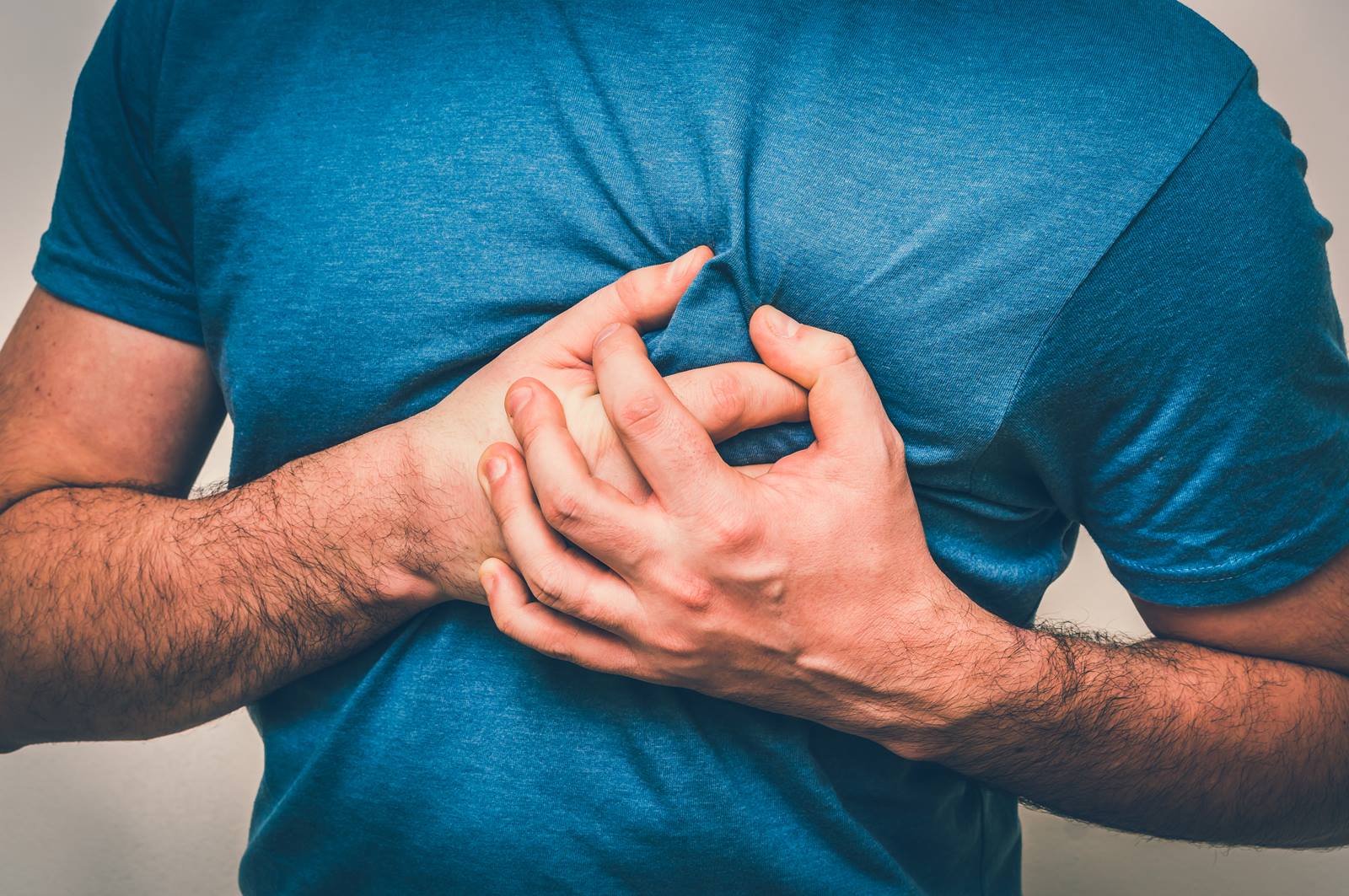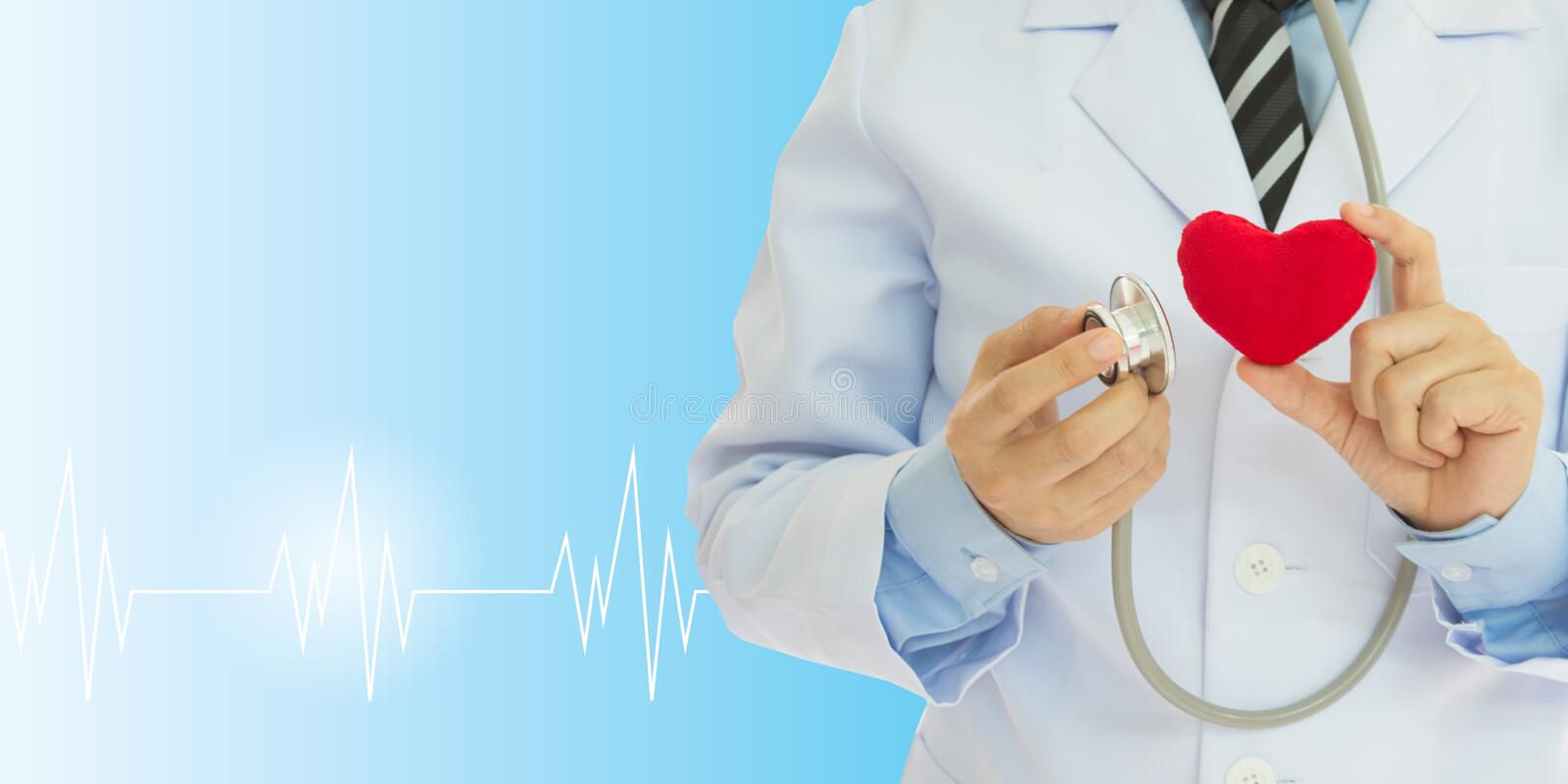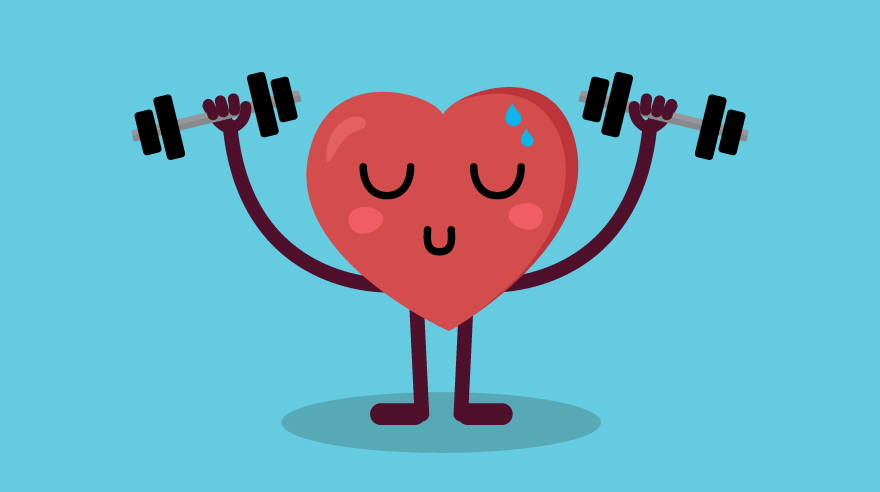Heart failure is a chronic medical condition in which the heart is unable to perform its work of pumping Heart failure is a long-term medical disorder in which the heart is unable of pumping blood to the body’s various organs. It can be caused by a variety of factors, many of which cause substantial damage to the patient’s heart and cardiac muscles, putting their life in jeopardy. Heart failure is treated at a number of top heart clinics and hospitals. According to Dr. Sanjay Kumar, the best heart specialist in Faridabad, in case of heart failure, the patient must be brought to the hospital, where a detailed diagnosis is made for proper assessment and care. Read on!
In terms of treatment, the issue can only be addressed following a comprehensive diagnosis, which allows the doctor to determine the severity of the patient’s disease as well as the extent to which the problem has spread. According to a heart specialist in Faridabad, the sooner the disease is discovered, the better the chances of recovery.
Screening
The specialized laboratories do blood tests, chest X-rays, electrocardiograms (ECGs), magnetic resonance imaging (MRI), stress tests, cardiac computerised tomography (CT) scans, coronary angiograms, and myocardial biopsies.
Stages-
Based on the results of these research, a cardiologist classifies heart failure into four phases.
Stage I: The patient is unaware to any signs and the problem is usually found unexpectedly.
Stage II — Patients usually don’t show any symptoms, but when they do, it’s because they’ve over-exerted themselves.
Stgae III – Patients have significant difficulty managing daily tasks.
Stage IV – This is the most severe kind of heart failure, in which the patient has persistent symptoms even when at rest.
Treatment
After the tests and screenings are performed and the stage is determined, the doctor devises an appropriate medical method to be followed. Heart failure is a chronic condition, which means it will remain for the rest of one’s life and will require ongoing management. To develop the symptoms and add years to the patient’s life, treatment will be necessary. To avoid future harm, doctors are trying to diagnose the underlying cause of heart failure.
Generally, your Heart Specialist may prescribe medications to alleviate symptoms of pain and discomfort. These drugs include angiotensin-converting enzyme (ACE) inhibitors, angiotensin II receptor blockers, Beta-blockers, Diuretics, Aldosterone antagonists, Inotropes, and Digoxin (Lanoxin).
Surgery is usually recommended when all other treatment options have failed. The method assists in the treatment of any abnormalities or the restoration of normal cardiac function wherever possible. Coronary bypass surgery, heart valve repair surgery, and TAVI surgery are the most popular techniques used to treat patients with persistent heart failure. These aid in the repair and replacement of the effected area. Traditional open-heart surgery or new minimally invasive cardiac surgery techniques can be used to execute the procedure.
In certain cases, implanted devices are utilized to assist the heart in performing its functions. Among them are ventricular assist devices.
In order to keep the problem under control, the Best Heart specialist in Faridabad also recommends making healthy lifestyle changes in relation with both of these treatment options. Two of them are a healthy, well-balanced diet and an active lifestyle. Patients must abstain from smoking, drinking, and eating high-fat foods, since they can boost cholesterol levels in the body, putting the heart at risk.

